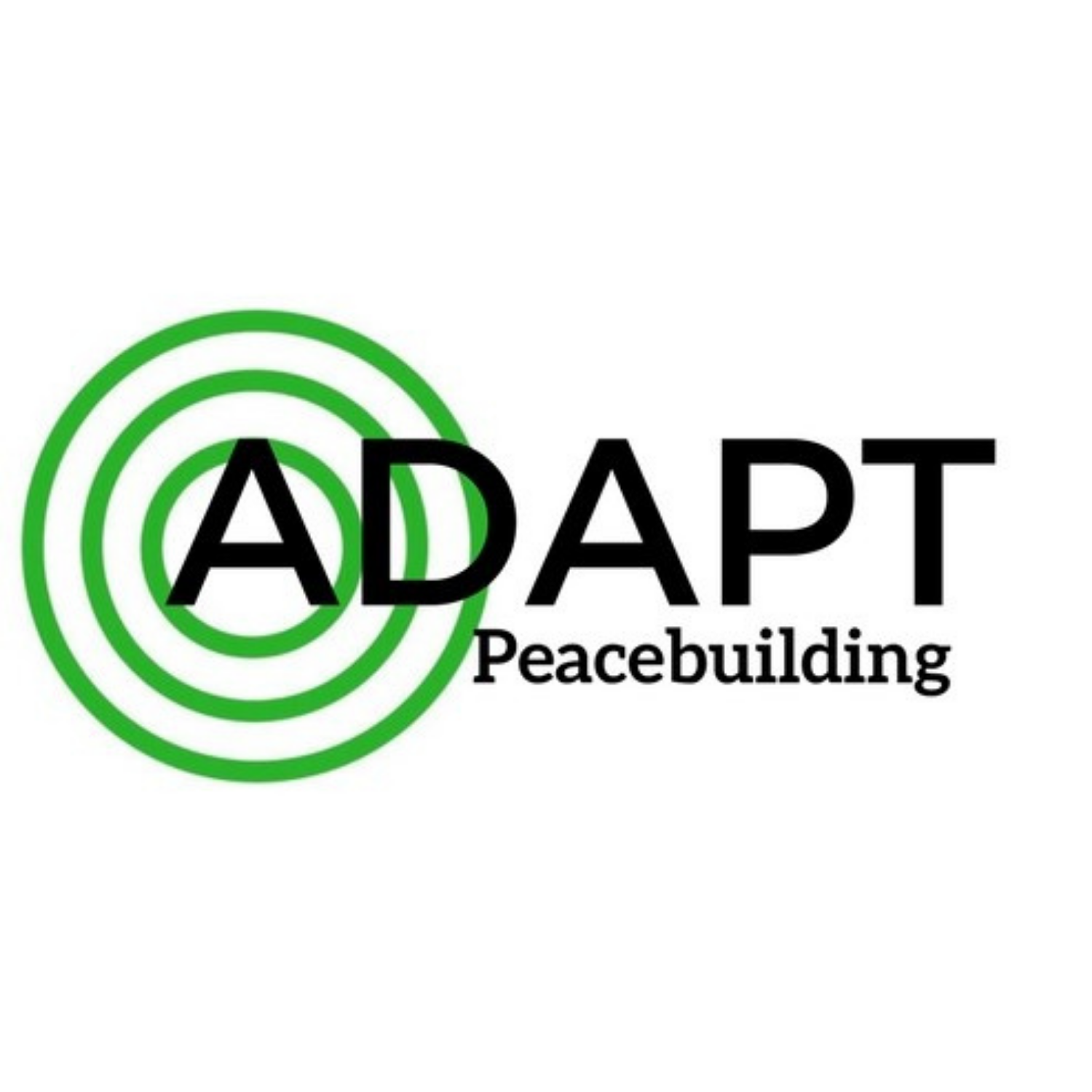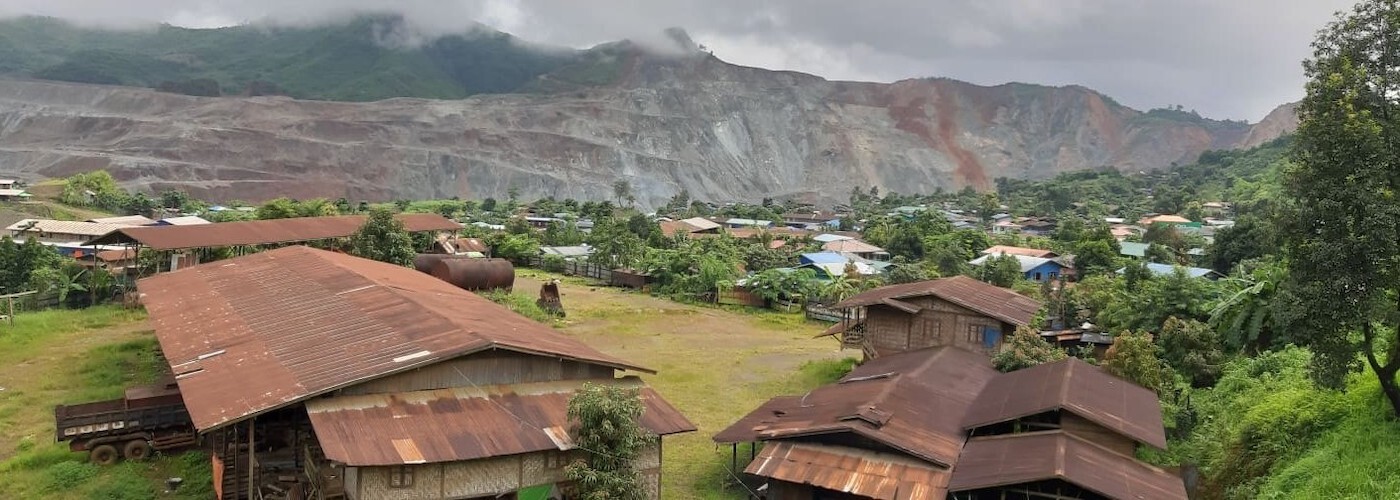
2.2K
Downloads
13
Episodes
Adapt provides research and consultancy services for local and international organisations in support of peace and sustainable development in conflict-affected environments. Our conflict and conflict sensitivity analyses, program design and management, and learning initiatives incorporate concepts and tools from complexity science, systems thinking and participatory approaches in order to thrive in complex and challenging contexts. We value deep and long term partnerships that empower local agency and lasting change.
Episodes

Thursday Mar 25, 2021
Thursday Mar 25, 2021
The focus of this episode is adaptive management, and Duncan Green. Duncan is a senior adviser for Oxfam amongst other things. We talk about what Adaptive Management is and how it applies to international development work and peacebuilding.
Why are we talking about Adaptive Management and what is it? Adaptive Management is a form of organizing work and managing work in international development settings in which you focus on learning from your context and you adapting your programming to meet the specific needs of the context as it changes. That's different from a typical approach which establishes a plan at the beginning, has a log frame, implements the plan as it was laid out, and then evaluates at the end: did it work or not? Adaptive management is a process of controlled experimentation to find and adapt the best approaches as you learn along the way. But because it doesn't follow a fixed plan, we don't necessarily know where we are going at the outset, which can be seen as risky by those that funds us and work with us.
Now, why does this matter? People like Duncan and myself and many others are interested in this idea of complexity and the realization that when we're working particularly in situations of violent conflict we typically don't have very good information about what the needs are, about the variables that might affect the work that we're trying to do. The situation is changing all the time and we can't just assume that we can go in there with a predetermined plan and that everything is going to turn out fine. We actually have to be responsibly experimental and learn from our successes and our failures in a rapid way so we can be agile, adapt to the context, be conflict sensitive and ultimately be as effective as possible.
Points covered of particular interest include:
- Donor concerns around accountability, their tendency to perhaps be risk averse and how this creates issues worth trying to take on an adaptive approach that changes directions.
-How to build trust with donors and work in closer partnerships when using adaptive approaches.
-The role of monitoring, evaluation and learning as it relates to adaptive management.
-Good rules of thumb for when you should be using an adaptive management approach versus more traditional approach.
-The importance of telling good stories, having a close relationship with donors, and understanding the differences between upwards and horizontal and downwards accountability.
-How we can shift the broader peacebuilding and development system to adopt more Adaptive Management approaches.
Check out Duncan’s blog: From Poverty to Power - oxfamblogs.org/fp2p/

No comments yet. Be the first to say something!